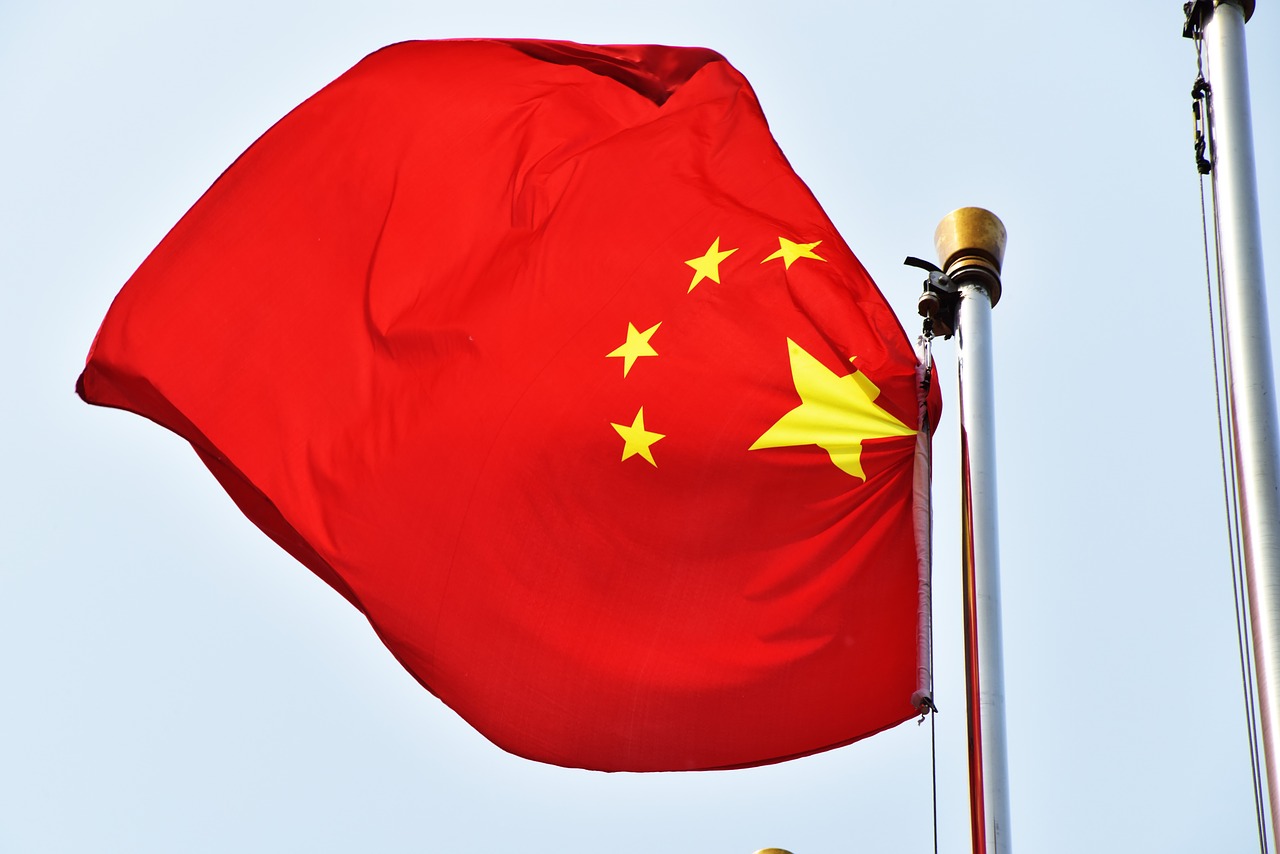This is how China will move in Afghanistan

What will China's strategy be in Afghanistan? Giuseppe Gagliano's analysis
So far the Chinese leadership has reacted pragmatically to the crisis in Afghanistan. He has taken a neutral stance in Afghanistan, cultivating relations both with the government of President Ashraf Ghani and with the Taliban. He collaborated with Kabul in the fight against terrorism and bilateral security, including the creation of a military brigade to prevent ISIS militants from crossing the Chinese border. But he also invited Taliban leaders to talks in Beijing in 2019 and reportedly offered economic and political incentives in exchange for refusing to shelter Uyghur militants. They know they must work with the Taliban to keep the border safe, even if the mullahs cannot be trusted to keep their word.
Beijing is likely to increase development aid, capacity building and security assistance after the US withdrawal. But the level of commitment will depend on how the political situation develops. If the peace process fails, as one would expect, Beijing will push for a multilateral solution. She is not prepared to take the risk of unilateral intervention, which could cause her to fall into an Afghan quagmire like the British, the Soviets and the Americans before her. It has established a trilateral "dialogue mechanism" with the foreign ministers of Afghanistan and Pakistan, while its border forces provide support to their Afghan, Pakistani and Tajik counterparts.
If the civil war rages, the next step will be to convene a United Nations peacekeeping mission. The advantage of a UN force is that it will be politically neutral, requiring the consent of both sides. China is likely to show up with its own troops, 2,200 of which currently serve as peacekeepers in Africa and Lebanon.
If the UN does not intervene, Beijing will turn to the Shanghai Cooperation Organization. Led by China and Russia, the SCO includes four of the five Central Asian republics, as well as India and Pakistan. Afghanistan and Iran have observer status. By encompassing all regional governments, the SCO confers political legitimacy on regional intervention. Although its charter specifically requires its members to fight what Beijing calls the "three evils" of terrorism, separatism and religious extremism, it has not paid enough attention to Afghanistan. In May, Chinese Foreign Minister Wang Yi called on the organization to do more.
In a meeting with his Central Asian counterparts, Wang also called for greater cooperation to ensure "the safety of the Silk Road". The protection of BRI projects is at the heart of China's concerns. Its investments and construction projects in the five former Soviet republics of Kazakhstan, Kyrgyzstan, Tajikistan, Uzbekistan and Turkmenistan totaled $ 56 billion between 2005 and 2021, according to the Chinese Global Investment Tracker. Pakistan is an even bigger recipient, with projects worth $ 65 billion. The World Bank estimates that $ 32 billion has been paid to the CPEC for the 2014-2019 period alone.
Behind the scenes, Beijing talks about "rebuilding Afghanistan" – making infrastructure investments a carrot in exchange for a guarantee of stability. In a video meeting in June, China and Pakistan pledged to expand economic and trade ties with Afghanistan, which diplomats say could involve extending the CPEC to Afghanistan. Possible projects include a railway line connecting Quetta to Kandahar and a fiber optic cable that crosses the Wakhan corridor, the spit of land that connects Afghanistan to China.
For now, these projects are just sand castles. Security concerns have put China's two major investments in Afghanistan – the Aynak copper mine and the Amu Darya oil field – on hold for a decade or more. If Pakistan cannot protect the CPEC projects and their Chinese workers with a security force of 60,000, Afghanistan's chances seem even slimmer.
This is a machine translation from Italian language of a post published on Start Magazine at the URL https://www.startmag.it/mondo/cina-afghanistan-obiettivi/ on Sat, 21 Aug 2021 04:52:10 +0000.
